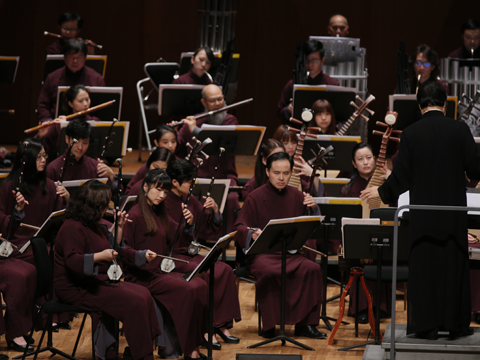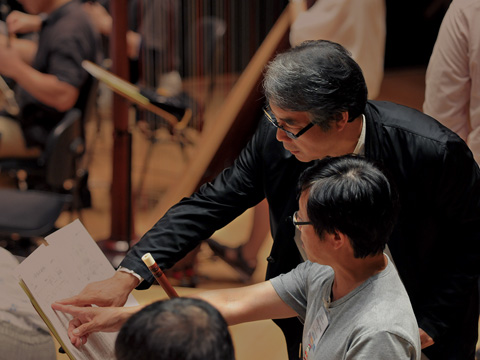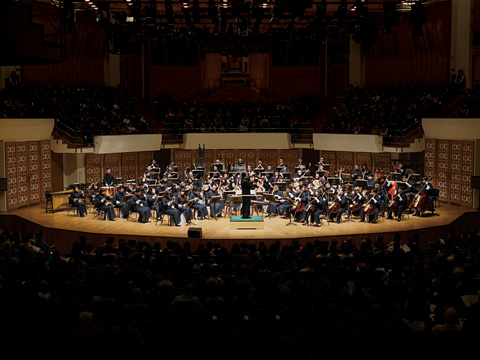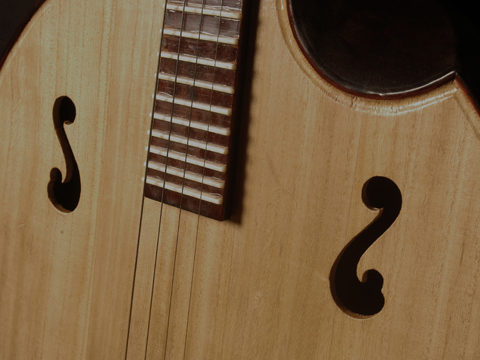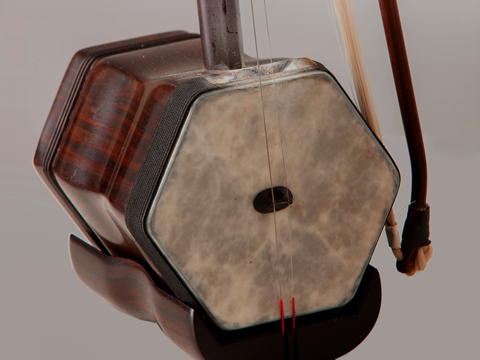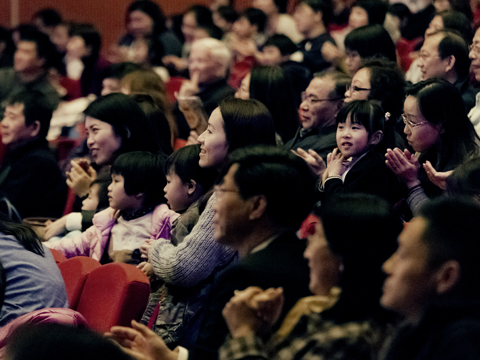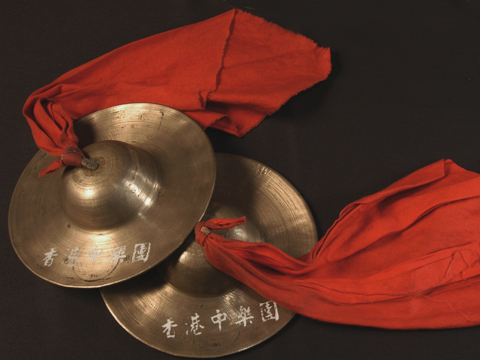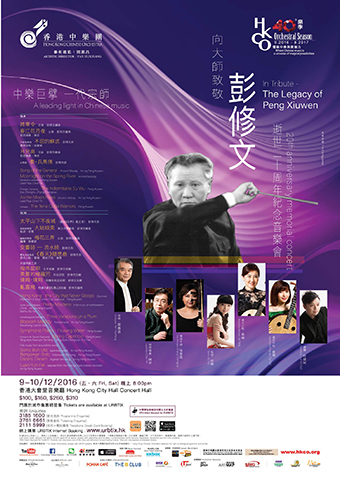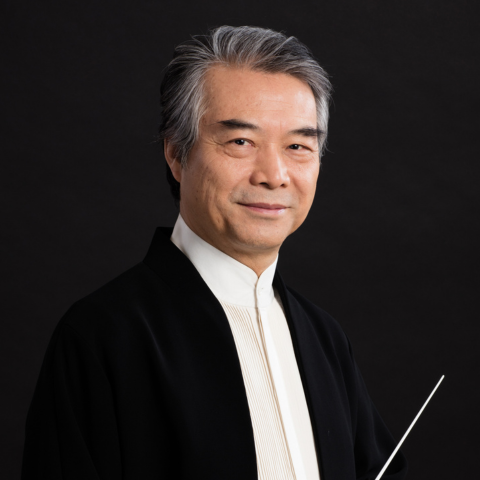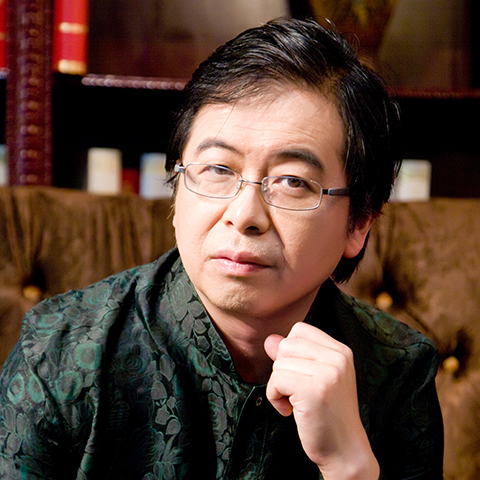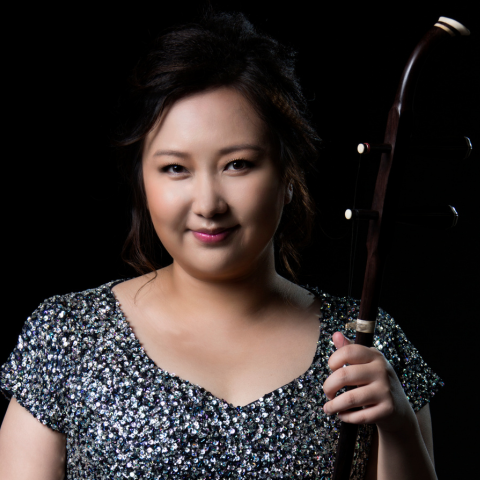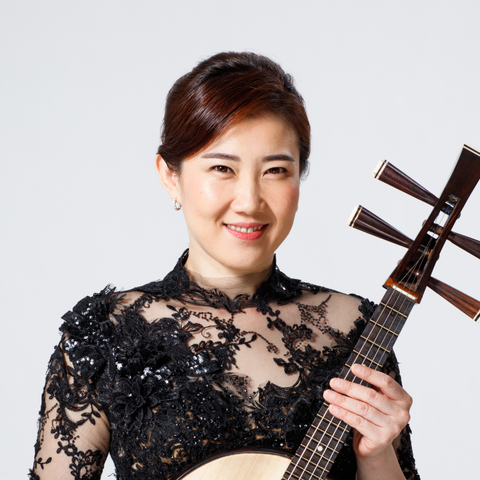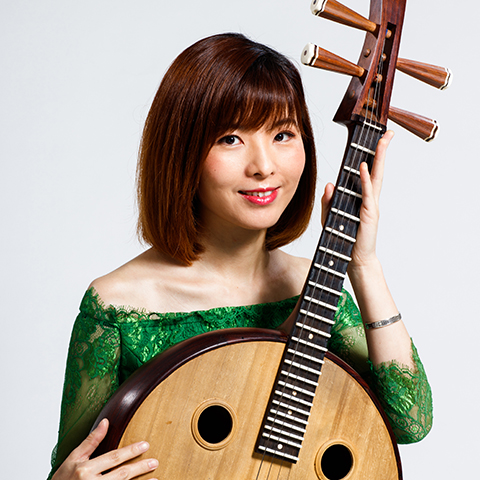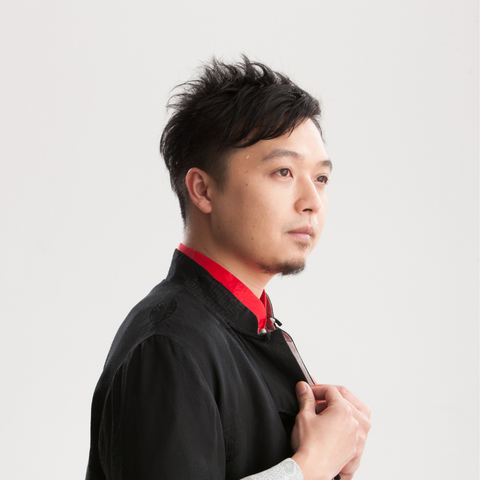A Lifelong Goal that Turned into a Legacy - Innovation and Tradition in Peng Xiuwen’s Music
Chow Fan-fu
The two concert performances commemorating the 20th anniversary of Maestro Peng Xiuwen’s passing feature music that make up only a very small portion of his entire oeuvre, but they are all contemporary classics, composed, arranged or transposed by the great master, and showcase the fundamental qualities which have distinguished Peng as the doyen of modern Chinese orchestral music.
Six Qualities to Look for
It may take a PhD thesis to analyze and study the special qualities of Peng Xiuwen’s works. So, purely for appreciation and enjoyment, we can say his music is distinguished by:
- Distinct themes and rich emotive content
- Firm grounding in tradition and culture
- Consummate mastery over the character of each musical instrument
- A strong sense of nationalism and technical flexibility
- Colourful timbre and vivid musical images
- Unbounded perception and connotation that transcend time, space, race and culture
In short, while Peng had explored and pioneered many changes and improvements to Chinese orchestral music, his innovations do not deviate from the first five characteristics and the foundation for his works has always been tradition and culture. The unbounded nature of Peng’s music, as in point 6, is precisely the reason why his works have continued to touch the listener and remained popular to this day. In other words, when listening to Peng’s music, one needs to go from the surface properties of timbre, musical images and content to the deeper level of spirituality and emotionality. Only then can Peng’s musical ideals, meanings, and ability to reach across temporal, spatial, racial and cultural boundaries be truly appreciated.
Among Peng’s compositions, the most obvious examples that thematically project his ideal of sustained teadfastness include the
zhonghu concerto,
The Indomitable Su Wu, which tells the story of the imperial
envoy from the Han court whom the Xiongnu nomads forced to tend sheep for 19 years in the harsh cold North; fantasia
The Terra Cotta Warriors, which depicts the plight of Qin Dynasty soldiers serving for years at the frontier, far away from home and loved ones; or even
Hong Kong - the City that Never Sleeps, which portrays the exuberance and beauty of Hong Kong’s scintillating nightscape. Peng’s intention and vision can also be seen in his arrangements of
Luan-Yun-Fei, an adaptation of the Modern Peking Opera
Azalea
Mountain, as well as the ancient tunes,
Song of the General,
Moonlight on the Spring River,
As the Moon Rises and
Three Variations on a Plum Blossom Melody.
An Enlightening Evening Now why are there the six characteristics in Peng Xiuwen’s music? It may take some searching to find out, but one can surmise that it has to do with his path of growth, life experiences and cultural nurturance.
I had the honour of meeting and talking to Maestro Peng on several occasions. For me, the most memorable one had to be an evening in the 1990s when he visited me at home. What impressed me so deeply was not
what we actually talked about, but rather, the discovery that the Maestro had become a “Chinese music culture incarnate”. I could feel that strongly during the course of our conversation the whole evening, and that was when I realized this was the very core essence that shaped his music.
That evening, with his every word, easy gesture and laughter, Maestro Peng totally convinced me that he had surmounted the many obstacles confronting him, and set for himself a goal to promote and improve the art, culture, spirit and life of the Chinese people. He made it his lifelong mission to create the legacy of a Chinese music culture that combined the new with the old, and innovation with tradition. Now the interesting question is, between Peng’s laudable stance and the six characteristics of his music, which is dominant and which comes first? There may be several ways of viewing this, but I believe it is a reciprocating mix of the two, as the expression “the man makes the music, and music makes the man” suggests. Therefore, to appreciate Peng’s music and to delve deeper into its connotations, why not go back to where one always starts, i.e., to study and
understand the life of a great master like him?

